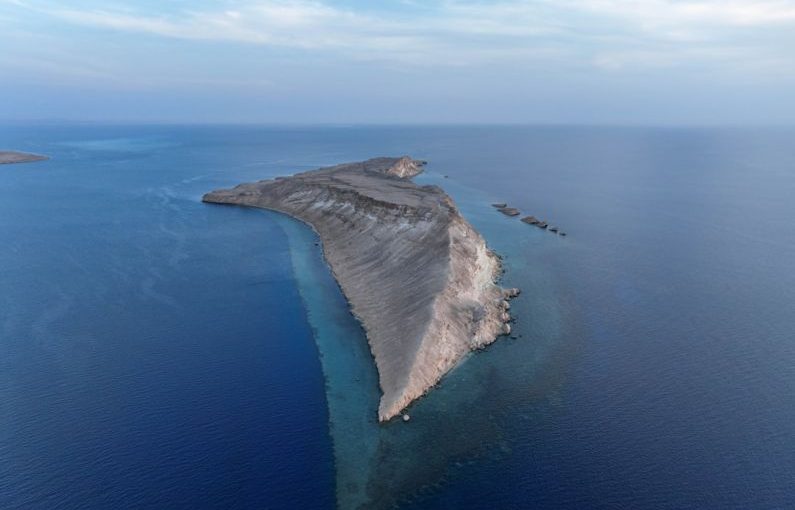Coral reefs are among the most diverse and valuable ecosystems on Earth, providing essential services and benefits to both marine life and humans. The Importance of Coral Reef Conservation cannot be overstated, as these vibrant underwater ecosystems play a crucial role in maintaining biodiversity, supporting fisheries, protecting coastlines, and even contributing to the development of life-saving drugs.
The Biodiversity Hotspot
Coral reefs are often referred to as the rainforests of the sea due to their incredible biodiversity. Despite covering less than 1% of the ocean floor, coral reefs are home to an estimated 25% of all marine species. These diverse ecosystems provide a habitat for a wide variety of marine life, including fish, crustaceans, mollusks, and sponges. The intricate structure of coral reefs offers shelter, food, and breeding grounds for countless species, making them essential for the survival of marine biodiversity.
Supporting Fisheries
Coral reefs are vital for supporting commercial and subsistence fisheries around the world. Many fish species rely on coral reefs for food and shelter during different stages of their life cycle. Healthy coral reefs help maintain fish populations, ensuring a sustainable source of food and livelihood for millions of people who depend on fishing for their income and sustenance. By conserving coral reefs, we can help protect fish stocks and support the livelihoods of coastal communities.
Protecting Coastlines
Coral reefs play a crucial role in protecting coastlines from erosion and storm damage. The complex structure of coral reefs helps dissipate the energy of waves, reducing the impact of storms and preventing coastal erosion. In areas where coral reefs are healthy and intact, they act as natural barriers that help shield coastlines from the destructive forces of waves and currents. By safeguarding coral reefs, we can help protect coastal communities from the devastating effects of sea-level rise and extreme weather events.
Potential for Medical Discoveries
Coral reefs are also a potential source of life-saving drugs and medical treatments. Many marine organisms that inhabit coral reefs produce chemical compounds with unique properties that have the potential to be developed into pharmaceuticals. These compounds have been used to create antibiotics, anti-cancer drugs, and treatments for conditions such as Alzheimer’s disease and heart disease. By preserving coral reefs and the marine life they support, we can continue to unlock the potential for new medical discoveries that could benefit human health.
Economic Value
In addition to their ecological importance, coral reefs also have significant economic value. Coral reef ecosystems support a multi-billion dollar tourism industry, attracting millions of visitors each year who come to snorkel, dive, and explore these underwater wonders. Coastal economies rely on healthy coral reefs to sustain tourism-related businesses, creating jobs and generating revenue for local communities. By conserving coral reefs, we can protect this valuable economic resource and ensure its long-term sustainability.
The Urgency of Conservation
Despite their importance, coral reefs are facing unprecedented threats from human activities, including overfishing, pollution, coastal development, and climate change. Rising sea temperatures and ocean acidification are causing widespread coral bleaching events, leading to the decline of coral reefs worldwide. If we do not take immediate action to conserve and protect coral reefs, we risk losing these valuable ecosystems and the benefits they provide.
Conclusion: A Call to Action
The Importance of Coral Reef Conservation cannot be emphasized enough. As stewards of the planet, it is our responsibility to take action to protect and preserve these vital ecosystems for future generations. By supporting conservation efforts, reducing our carbon footprint, and advocating for sustainable marine practices, we can help ensure the survival of coral reefs and the myriad benefits they offer. Together, we can make a difference and secure a brighter future for coral reefs and the marine life that depends on them.





